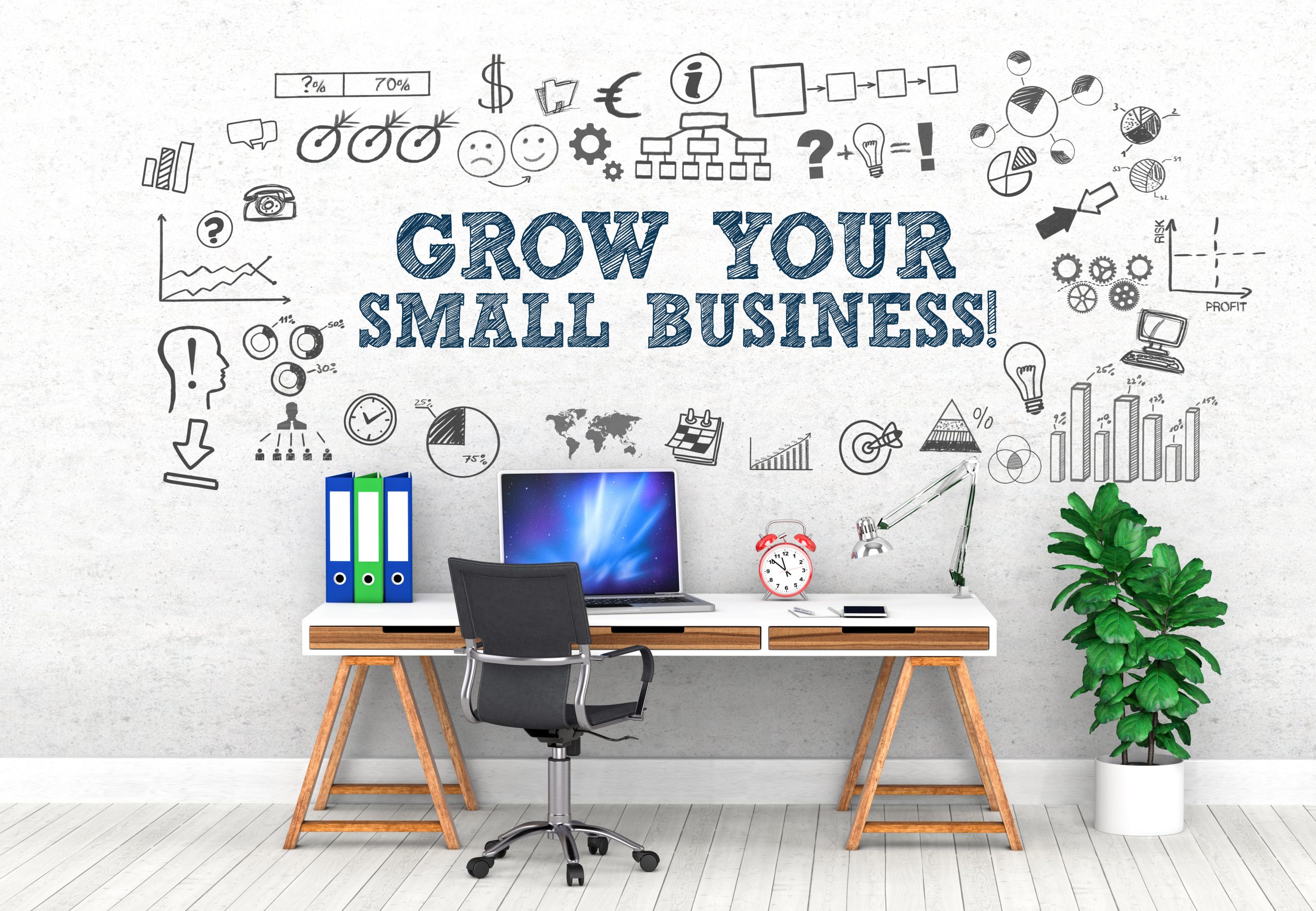Investing in technology pays off for companies of all sizes including small businesses. Technological advances enable small businesses to work more efficiently in a number of different ways.
Whether that means collaborating with remote colleagues using video-conferencing software or texting customers to update on projects, technology allows businesses to be able to reach their goals more efficiently.
As small businesses look to make productivity gains, they should consider the following three investment areas, which balance security, cost and efficiency.
1. Get your head in the clouds
Cloud computing has been around for many years, but the cost of operating a business from the cloud has dropped significantly. Moving your data and business processes to the cloud allows for greater collaboration and allows employees to perform tasks without being tied to their desks.
Cloud-based platforms bring a ton of benefits for small businesses: tremendous scalability, high reliability, increased security and greatly reduced management costs. Small businesses should take a hard look at existing IT and ask themselves, Is this strategic If the answer is no, it’s time to outsource.
The most basic example of this is email. Many small businesses still run their own Exchange servers, but that’s no longer a wise choice for most. Pushing email to the cloud, regardless of the provider you choose, lets you quickly scale an ultra-reliable service and removes limits associated with running your own data centre.
More importantly, you have the opportunity to redirect your limited resources to support strategic goals. Rather than paying an IT manager to keep your Exchange server running, you can have that same professional who has deep knowledge of how your business works and what IT services you need focus on finding the technology services and products that give you a strategic advantage over the competition.
2. Go mobile
Mobility has been a buzzword since the 1990s, but the focus used to be on laptops and making the best of internet connections. Now, with enterprise-class smartphones as fast as many laptops and 4G/LTE and increasingly 5G data services covering huge swaths of the globe, the last few years of technology advances have made mobile-only workflows feasible. Even in the absence of true work mobility, providing support for staff to use their mobile devices for work is a smart investment.
But you can go a lot further by making the devices key to the day-to-day workflow. Smartphones and tablets are ideal for consuming information and for basic data entry tasks, and they do so at a fractional cost of managing Windows desktops or laptops. Mobile workers already have smartphones, whether they’re personal devices or company-provided. High-performance hardware only reaches its full potential when it’s used in conjunction with the right software. For businesses, that increasingly comes in the form of cloud-based solutions like Microsoft 365. Enabling employees with the right apps can help boost productivity by creating an intuitive workflow, that makes it easier for employees to do their jobs.
Small businesses should evaluate their applications and processes, looking for ways to help employees be more efficient when they’re on the move.
3. AI, analytics and machine learning
These buzzwords may sound unobtainable for a small business investment. Developing custom AI applications may be beyond the reach of the small business, but there’s an important exception: New technologies that let you do more with your own data are being built into off-the-shelf software offerings.
With analytics, for example, you can monitor business performance, customer preferences and market trends. Real-time feedback can help you make more informed decisions. As for machine learning, companies like Netflix and Amazon use this technology to make personalized suggestions for what to watch or buy next. Your business may be able to use similar applications to automate processes and help employees prioritise while filtering out irrelevant information.
Investing in the future
Many small businesses have a difficult time committing to technology evolution. But as more advanced tools develop, perform an environmental scan of your more important applications to see what you may be missing or if there’s a feature you haven’t explored yet that could help.
Small businesses may not have the resources to make big IT investments, but they should still leverage the tools and products available to companies of all sizes. Of all the tech trends in the marketplace, cloud, mobility and AI-powered software is the best fit for small businesses to improve their bottom line and increase their competitiveness.
Not sure what is the right option for your small business? Complete our IT audit or book a consultation and we can help you find the best solution and get you focused on what you do best.






